War torments Wisconsinites with ties to Israel and Gaza
Ongoing war and an escalating death toll in Gaza is fueling fear and uncertainty among Wisconsinites with Palestinian and Israeli family ties even as they search for hope in a decades-long conflict.
By Aditi Debnath | Here & Now
November 17, 2023
“There are no positive ways to spin what is happening,” said Betsy Forester.
“I just want this thing to end,” said Hama.
These Wisconsinites have close connections to the war.
Hama is a native of Gaza, whose family there does not have internet access to tell her if they’re alive. For now, pictures of her family are all she and her mother have.
“She just have our house photos and the crying. That’s the only thing she’s doing right now,” said Hama, who lives in southeast Wisconsin.
Hama recently applied for U.S. citizenship, and fears anti-Palestinian backlash if she speaks to the media. She also worries that her family in Gaza may be targeted.
“I have zero hope to see them again,” she said.
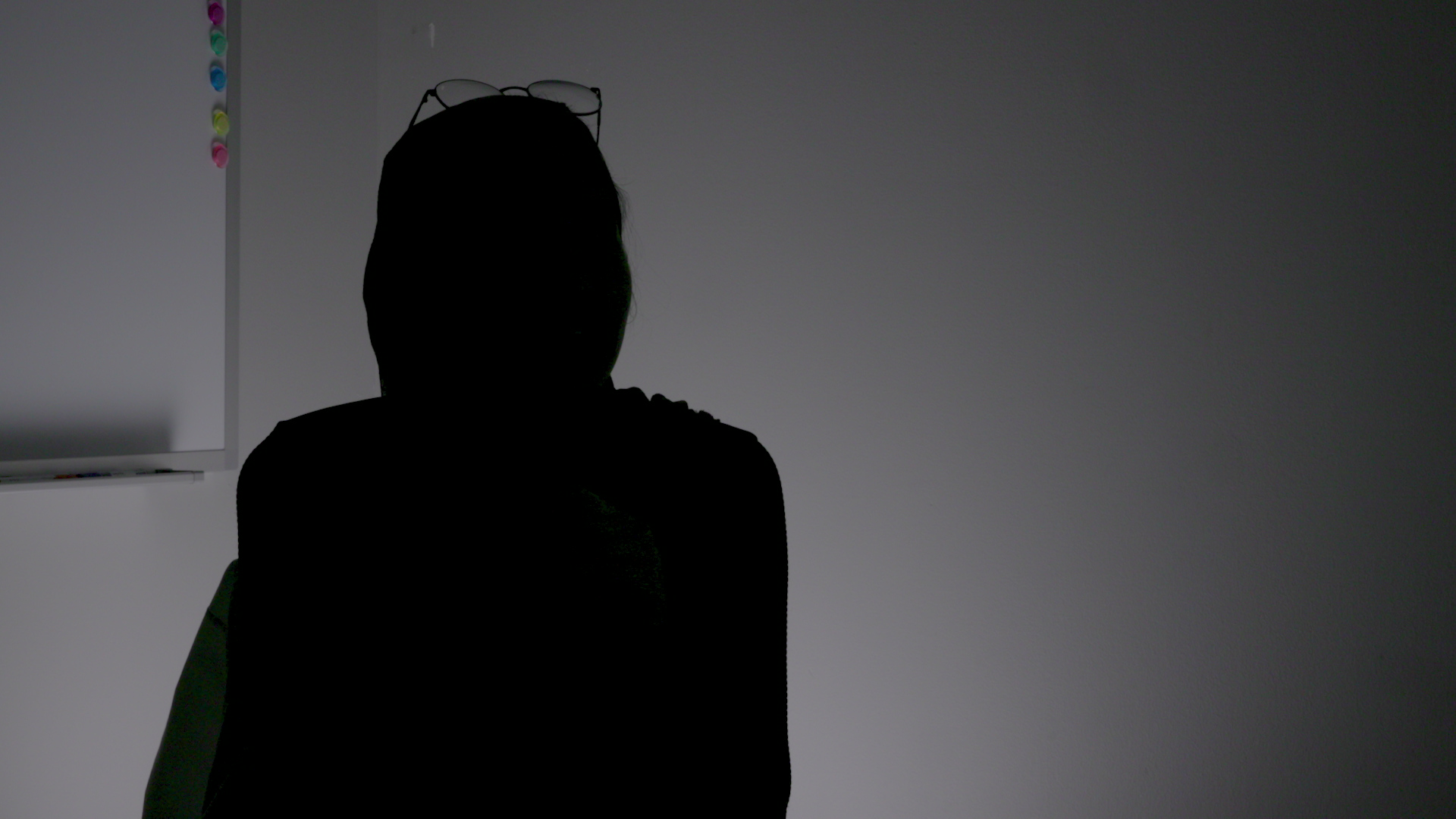
Hama is interviewed in southeastern Wisconsin on Oct. 24, 2023. A native of Gaza, Hama fears she will never see her family there again. (Credit: PBS Wisconsin)
This war is an episode in a decades-long conflict. Hama feared for her family in 2014, too.
“That war — I lost my aunt, family — like eight people died, killed in that one,” she said.
“…who live under the constant threat of missile attacks and death,” prayed Forester, a rabbi at Beth Israel Center in Madison.
The fate of all people in Gaza and Israel leads Forester to pray for them multiple times a day.
“To hold it together, I believe, is what my job is,” the rabbi said.
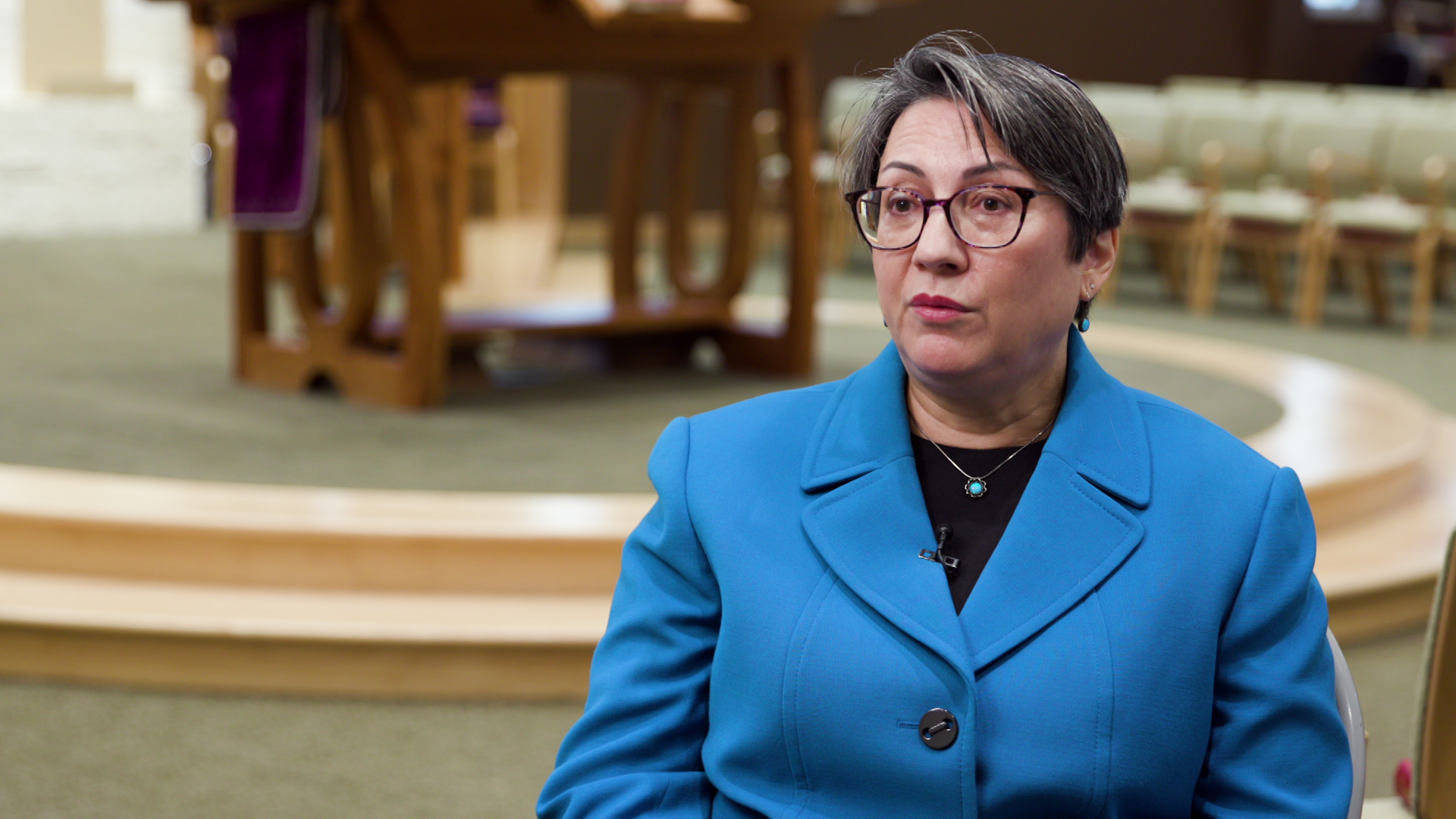
Rabbi Betsy Forester, who serves at Beth Israel Center synagogue in Madison, describes praying for the people of Gaza and Israel who face the horrors of war. (Credit: PBS Wisconsin)
But it was harder for Forester to hold it together when her husband Scott was in Israel with their daughter, and Israel declared war.
“I felt very helpless here,” she said.
Scott Forester is back home now, but still unsettled.
“Everybody is is walking around with a cloud hanging — you know — a cloud of uncertainty,” he said.
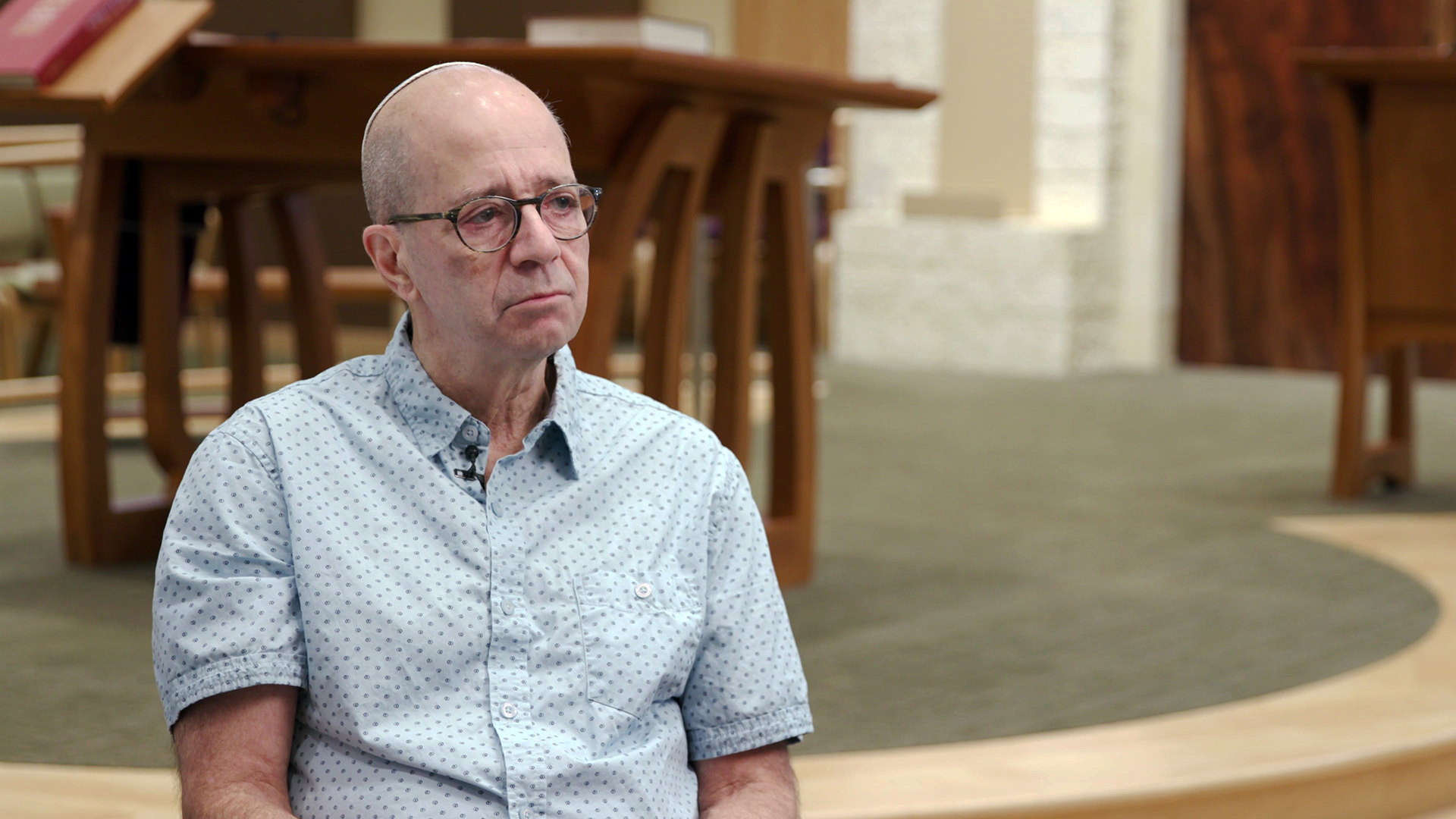
Scott Forester, a resident of Madison, was in Israel during the Oct. 7 attack by Hamas. He describes the feelings of insecurity related to the massacre and its aftermath. (Credit: PBS Wisconsin)
Following Hamas’ attack killing 1,200 Israelis, the unrelenting retaliation by Israel has so far killed more than 11,000 people in the Gaza strip, and that number continues to grow daily.
UW-Madison professor Samer Alatout is a native of Palestine, and a geopolitical expert of the region. He says at issue is Zionism, the movement to establish a Jewish nation on Palestinian land.
“The people who paid the price for the Zionist project are the Palestinians, and they paid a heavy price,” said Alatout.
That heavy price is what Amnesty International deems apartheid, decades of Israeli laws and policies designed to “maintain a cruel system of control over Palestinians.”
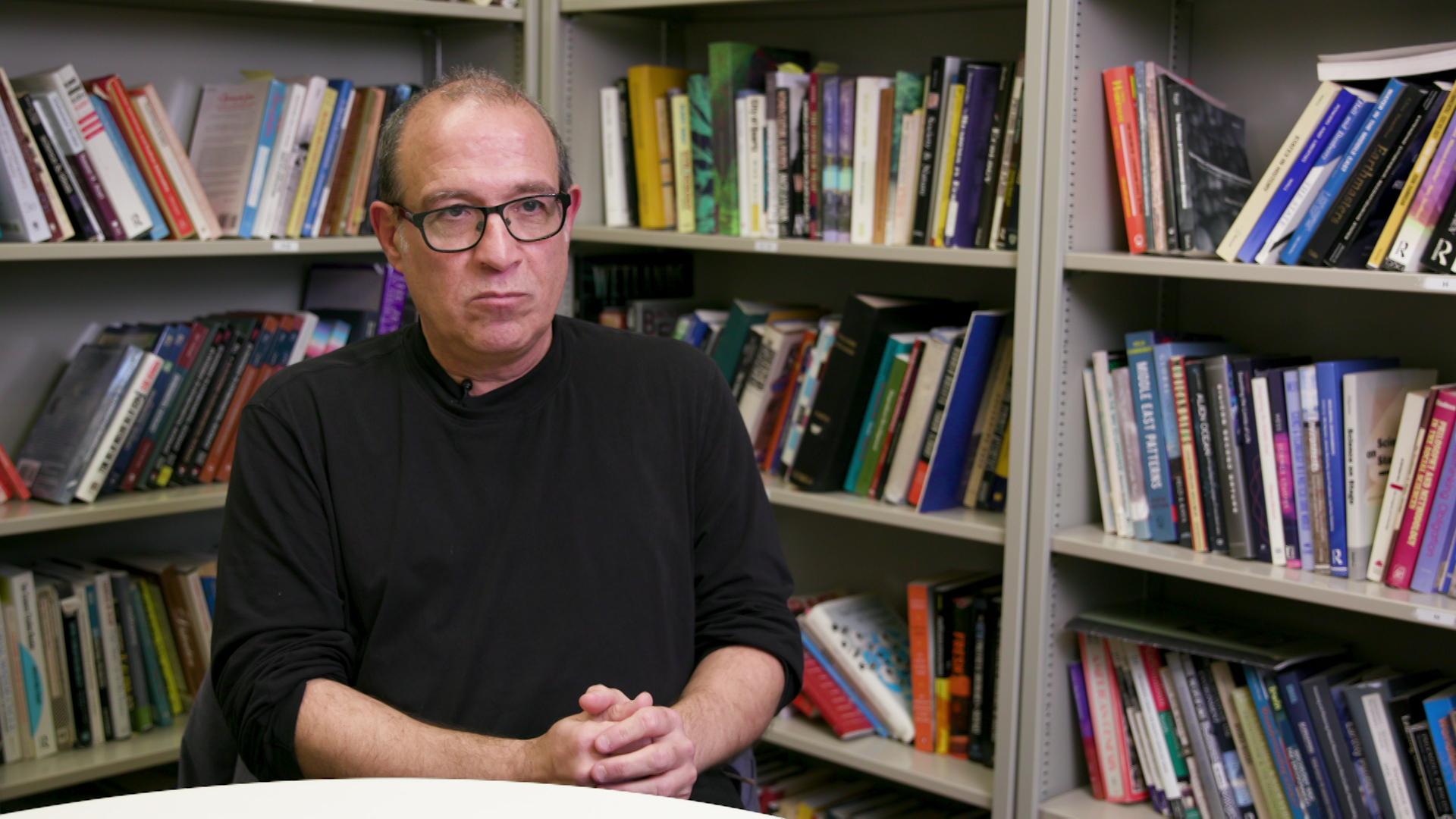
Samer Alatout is a professor in the Department of Community & Environmental Sociology at UW-Madison. A native of Palestine, he points to Zionism, a movement in support of a Jewish state, as a critical factor in the conflict. (Credit: PBS Wisconsin)
Even in Israel, most citizens don’t support the government’s leaders, according to a study by the Pew Research Center.
“It’s a really, really tough time to be an Israeli,” said Marc Kornblatt, a filmmaker who lived in Madison for more than 30 years before he and his wife moved to Israel in 2019.
Now in Tel Aviv, Kornblatt said most Israelis do support Palestinian liberation.
“I have not become more Zionist. I have not become more right-wing and not become more religious — I’ve become more Jewish,” he said.
Kornblatt said it’s important to show his community that they’re not alone. He volunteers at a clothing donation center, and participates in a citizen patrol.
“I would rather have the vital life that I have here where I might make a small difference than the quiet life that I could choose by leaving,” he said.
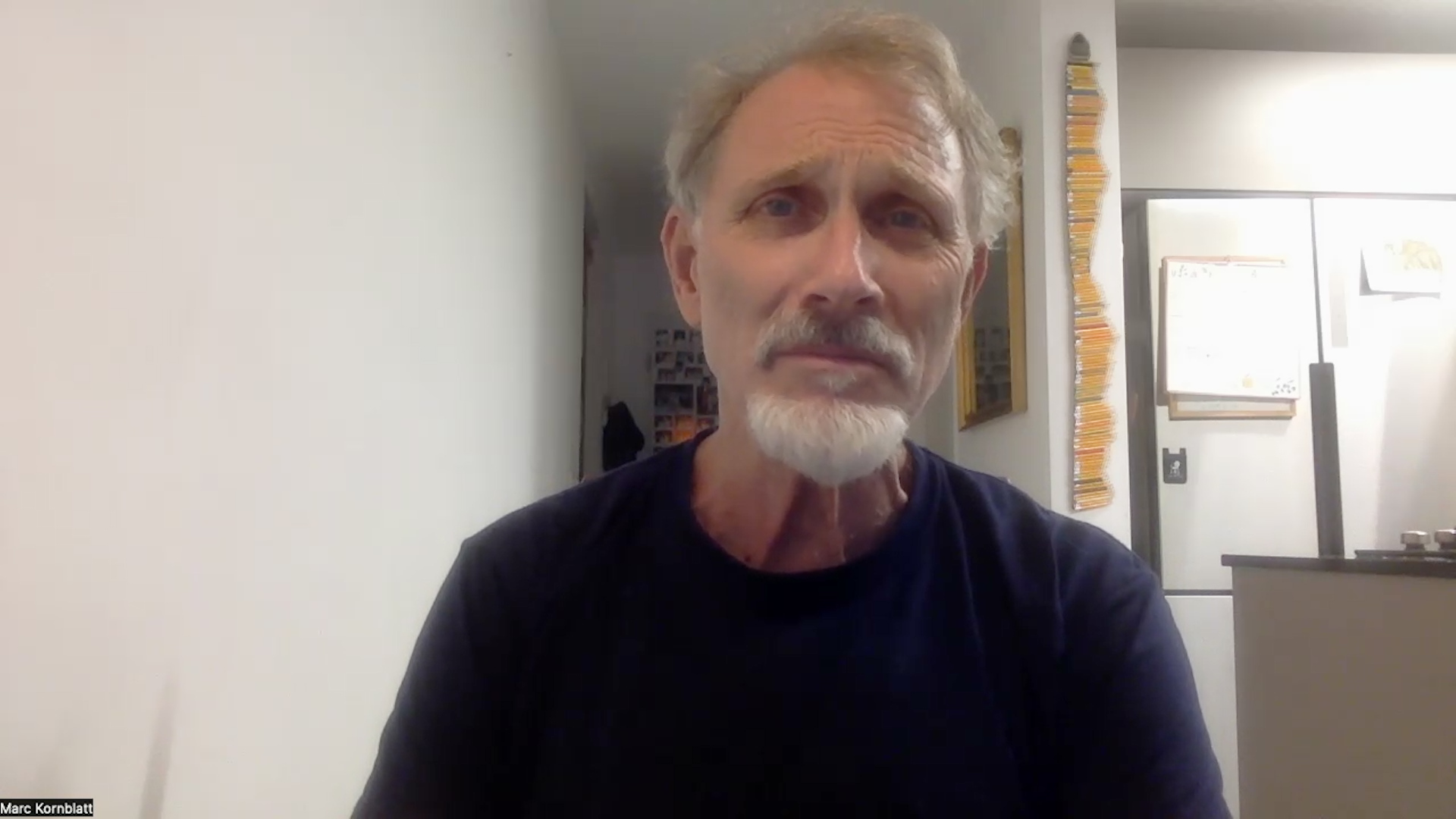
Filmmaker Marc Kornblatt is interviewed in Tel Aviv, Israel, on Oct. 26, 2023. A former resident of Madison, Kornblatt is volunteering to build community and support solidarity among Israelis. (Credit: PBS Wisconsin)
Kornblatt said the Jewish community is a small one — 0.2% of the world population according to Pew — and many of his neighbors know someone who has been tortured or killed in this war.
“One of the big calls that comes out to the place where I’ve been working with the donated clothes in our neighborhood is for social workers,” he said. “Just to be able to sit with people and let them try and breathe and talk.”
Over in Gaza, a Wisconsin man’s sister was killed in a bombardment while at a marketplace there soon after the Oct. 7 attack. She was a Palestinian social worker, and her brother Mohammed Hamad lives in Brookfield.
“She worked for all their life to treat kids who are going through trauma to help them, you know, to recover after wars,” he said.
Hamad said he’s lived through numerous wars, and hopes for an immediate ceasefire.
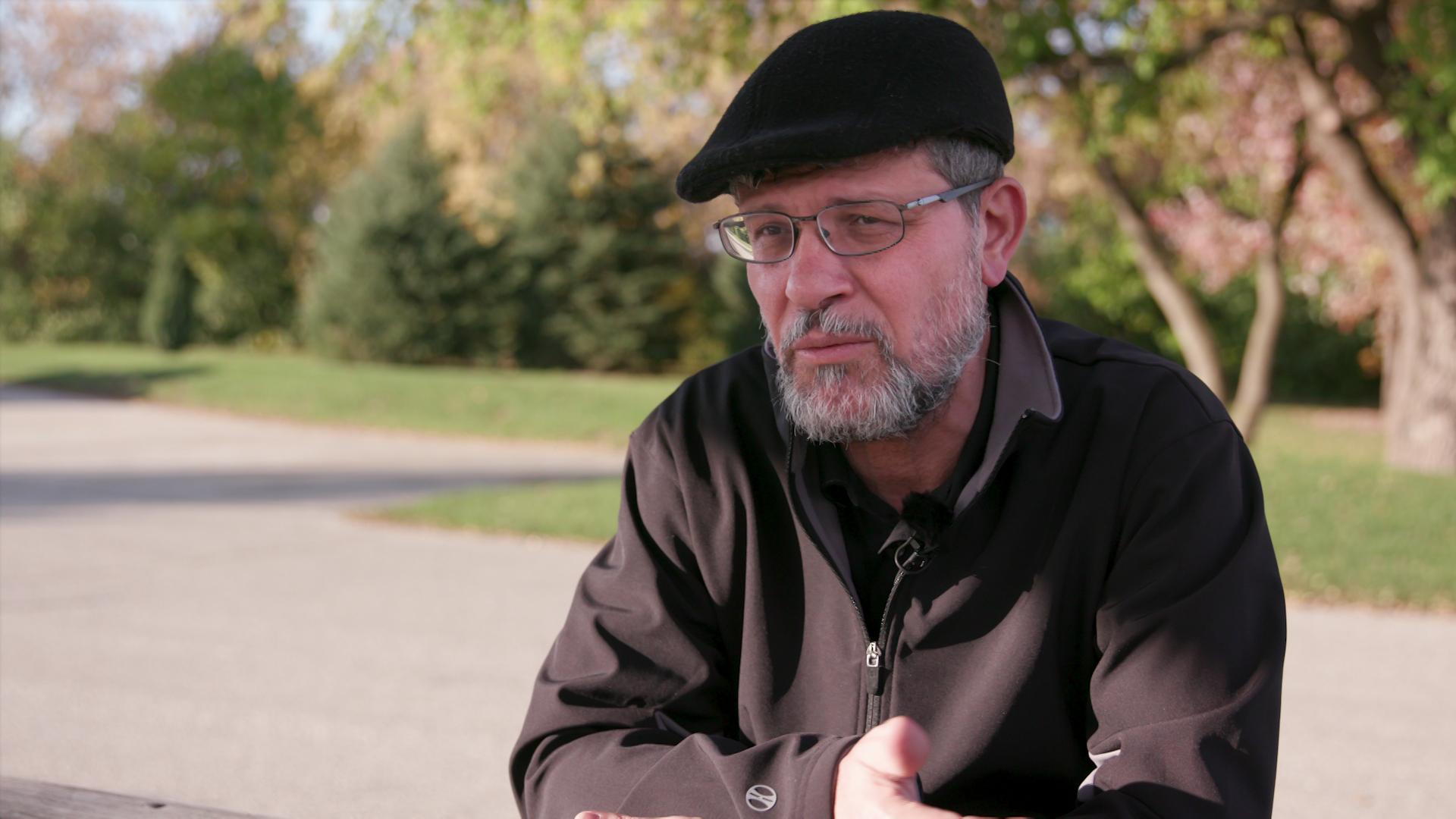
Mohammed Hamad, a Palestinian immigrant, is interviewed in Brookfield on Oct. 24, 2023. Hamad’s sister was a social worker in Gaza who was killed in a bombardment shortly after Oct. 7. Recalling his sister’s work to address the trauma of war, Hamad hopes for a ceasefire. (Credit: PBS Wisconsin)
Betsy Forester said the current war is only setting Palestinian liberation back.
“Large swaths of the Israeli population and the American Jewish population have been working hard for a two-state solution and an end to the occupation of the West Bank.” she said.
Alatout believes in one state – from the Jordan River to the Mediterranean Sea — that equally includes Palestinians and Israelis.
“The solution is one democratic state between the river and the sea, with a state of its citizens and for its citizens, and with equal rights to everybody,” he said.
No matter the solution, Hamad said there’s only one way out of this war.
“There will be end for this cycle of violence by agreement, by people who know they’re going to live side-by-side in peaceful situation,” he said.
Until then, the cloud of uncertainty and the fear of death remains for these Wisconsin families — and hangs heavy.
 Passport
Passport




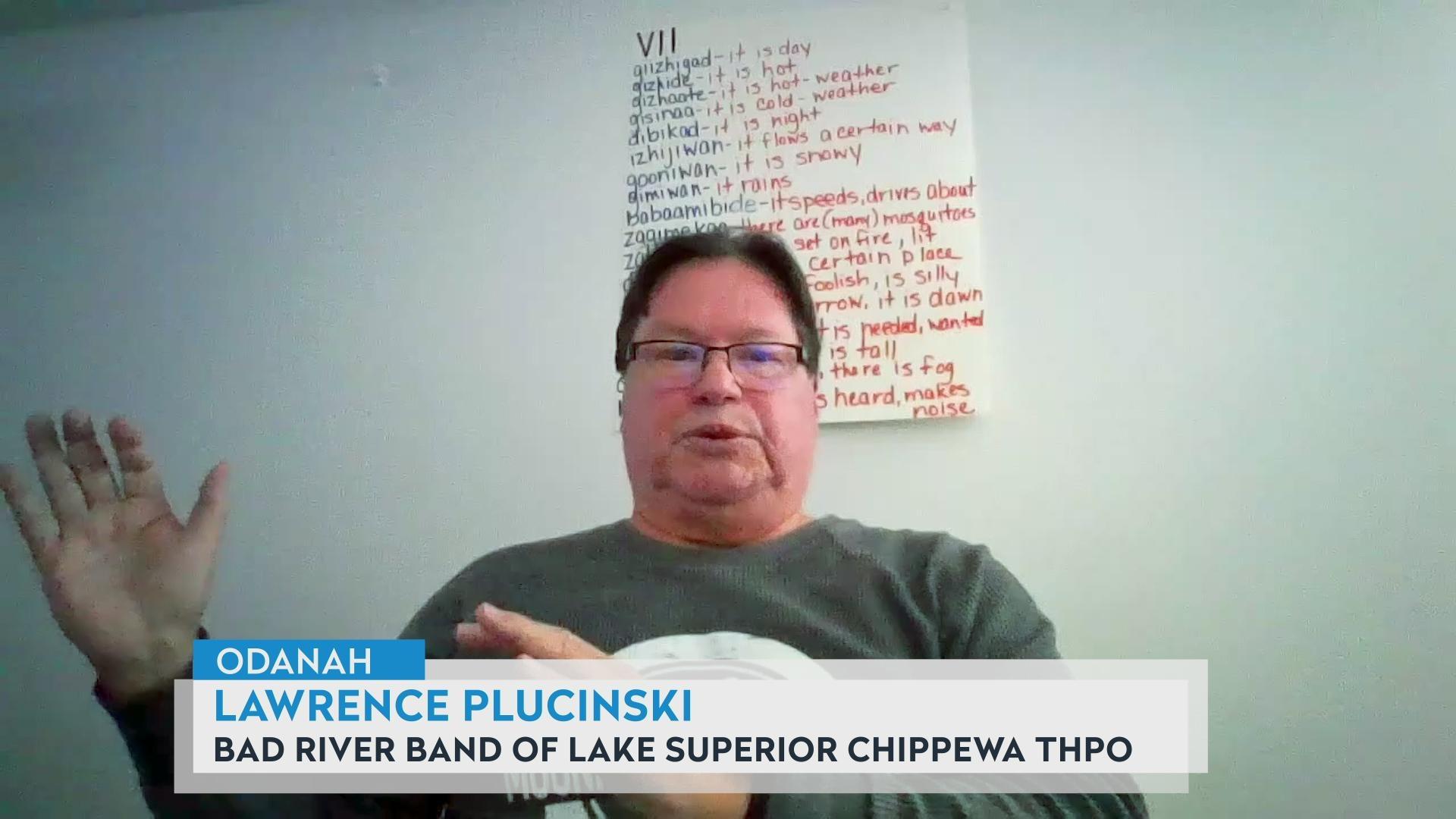
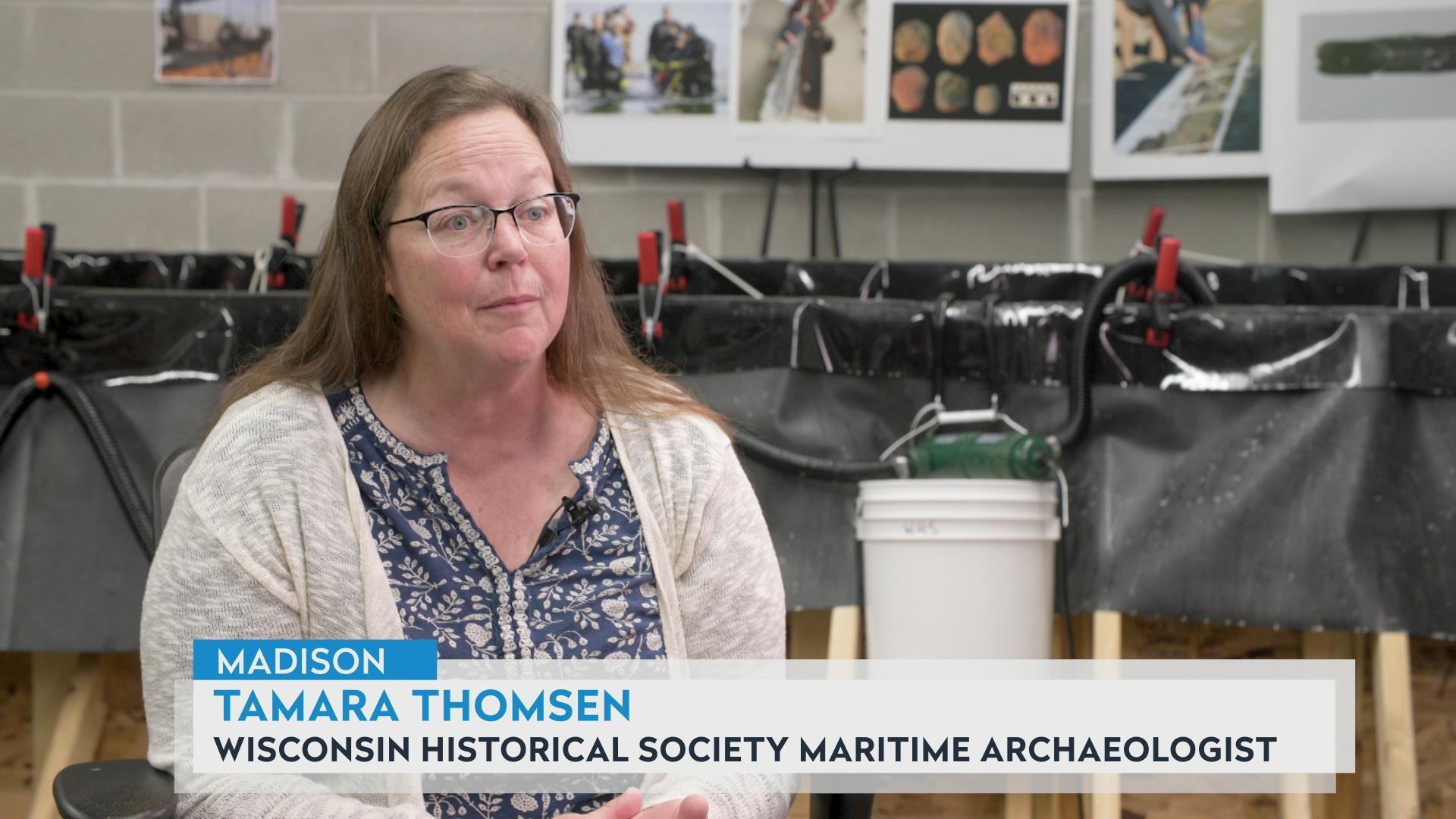
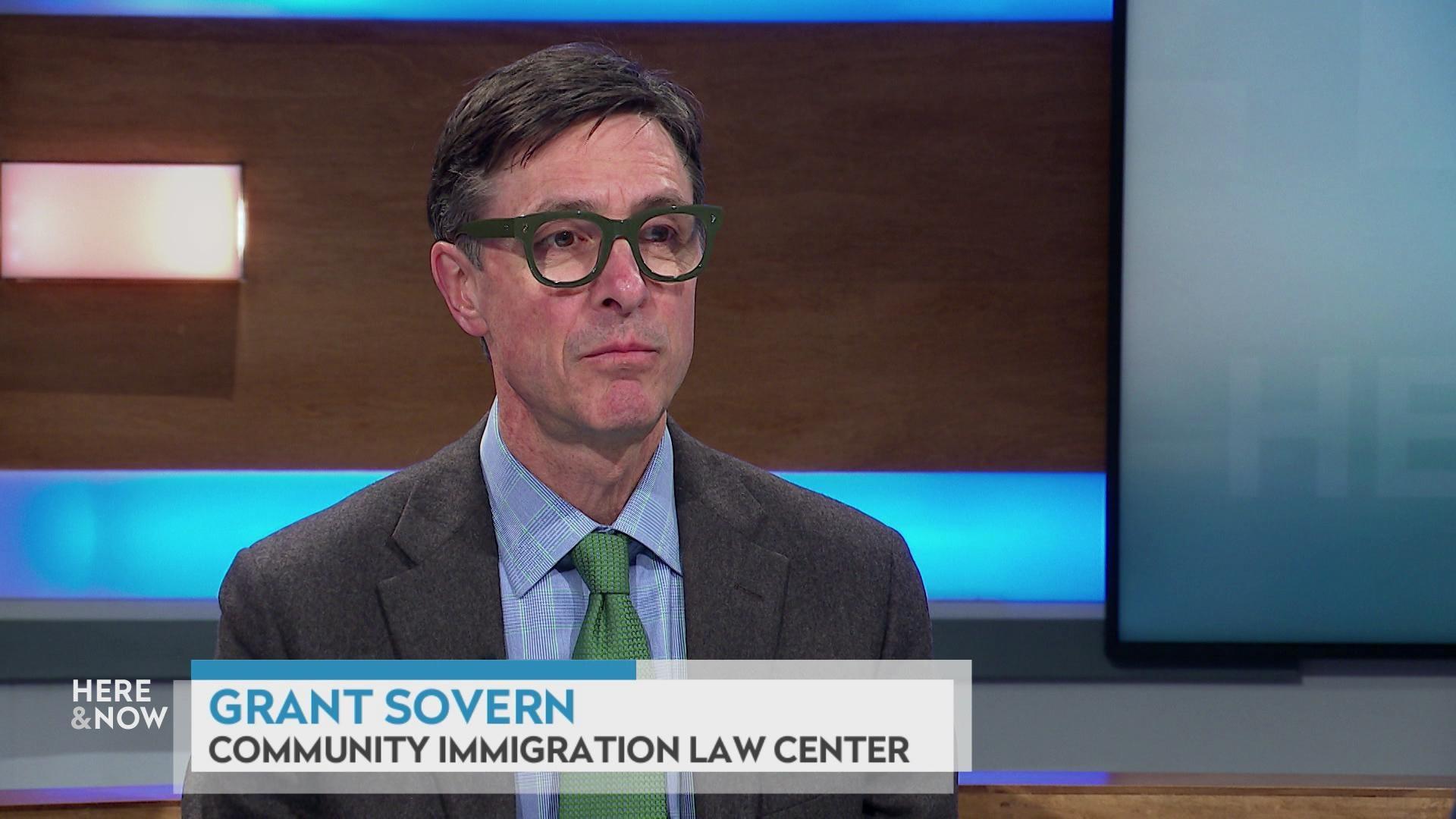
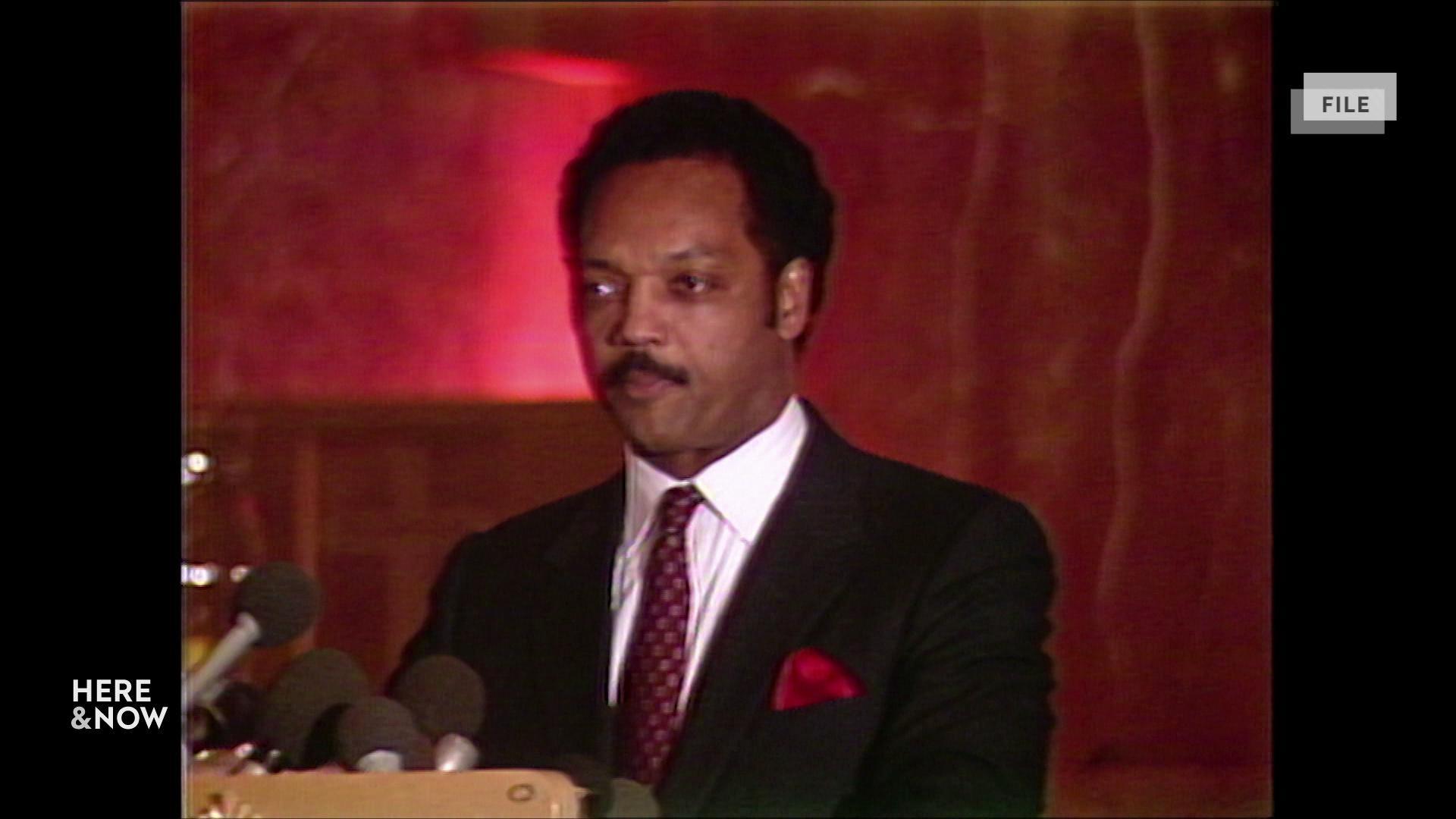
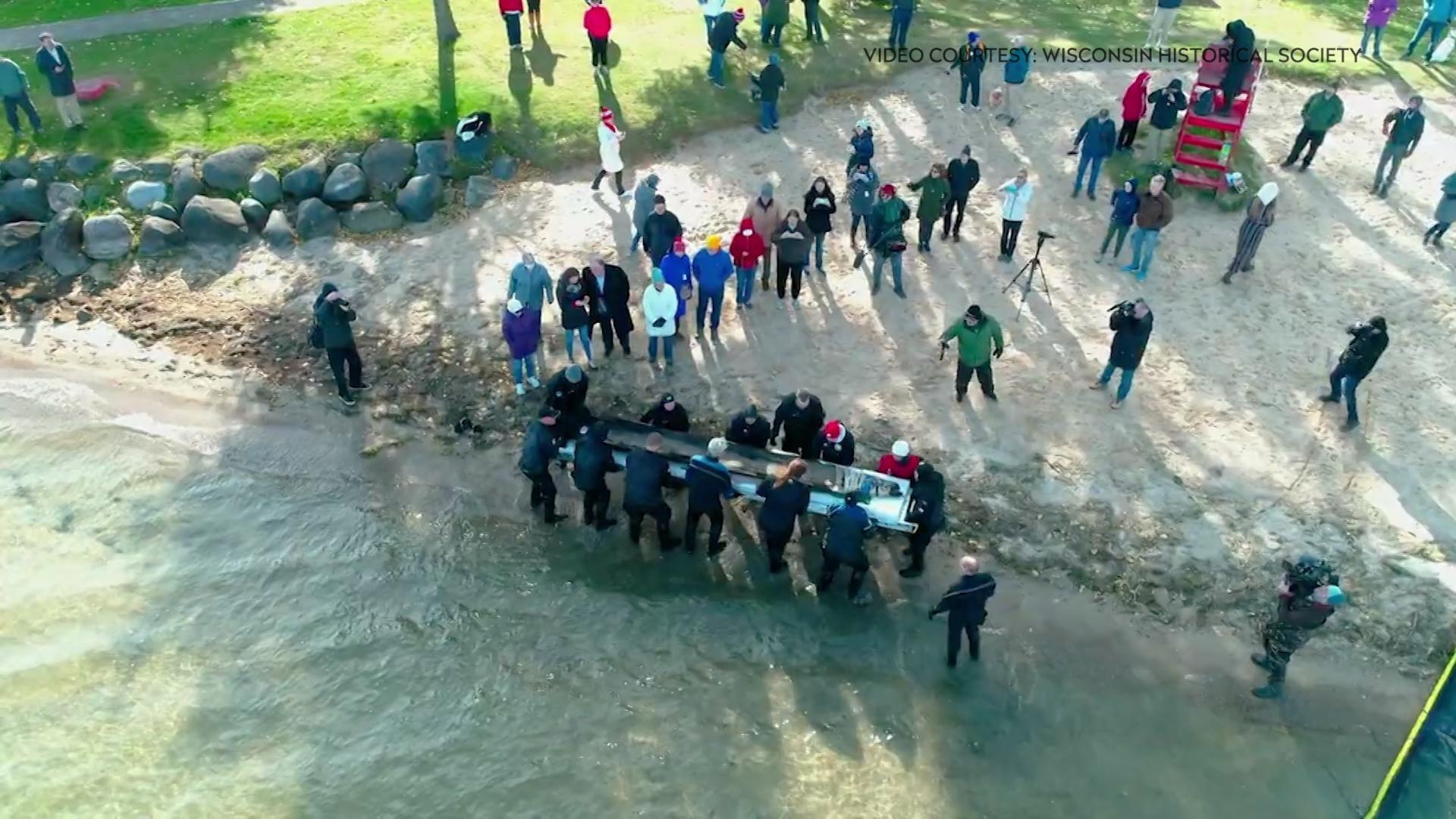
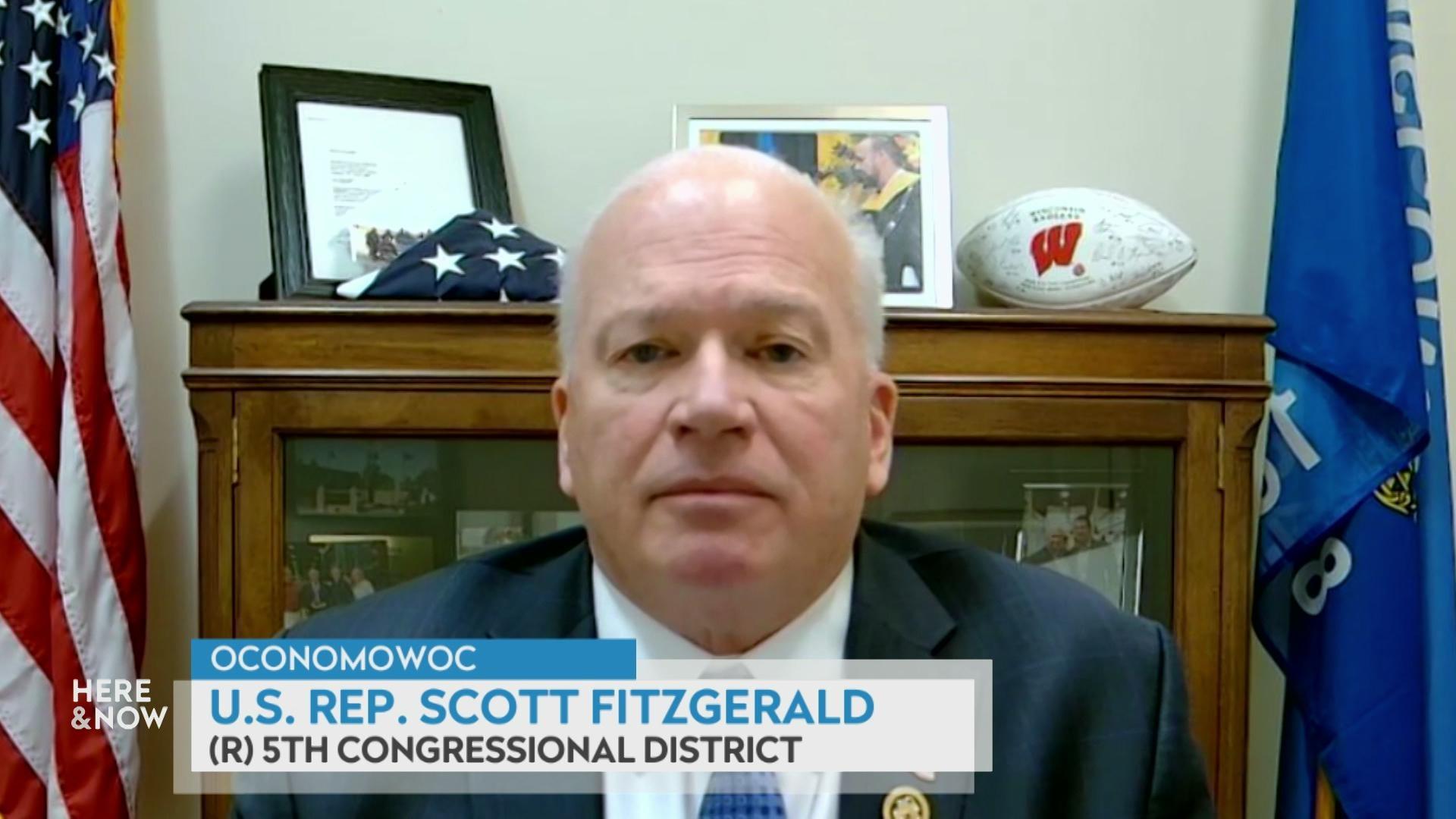

Follow Us